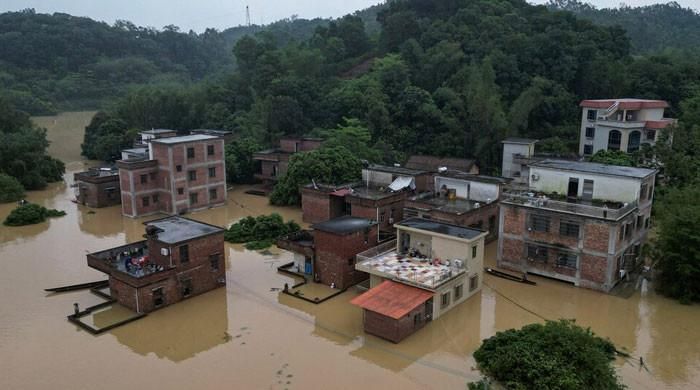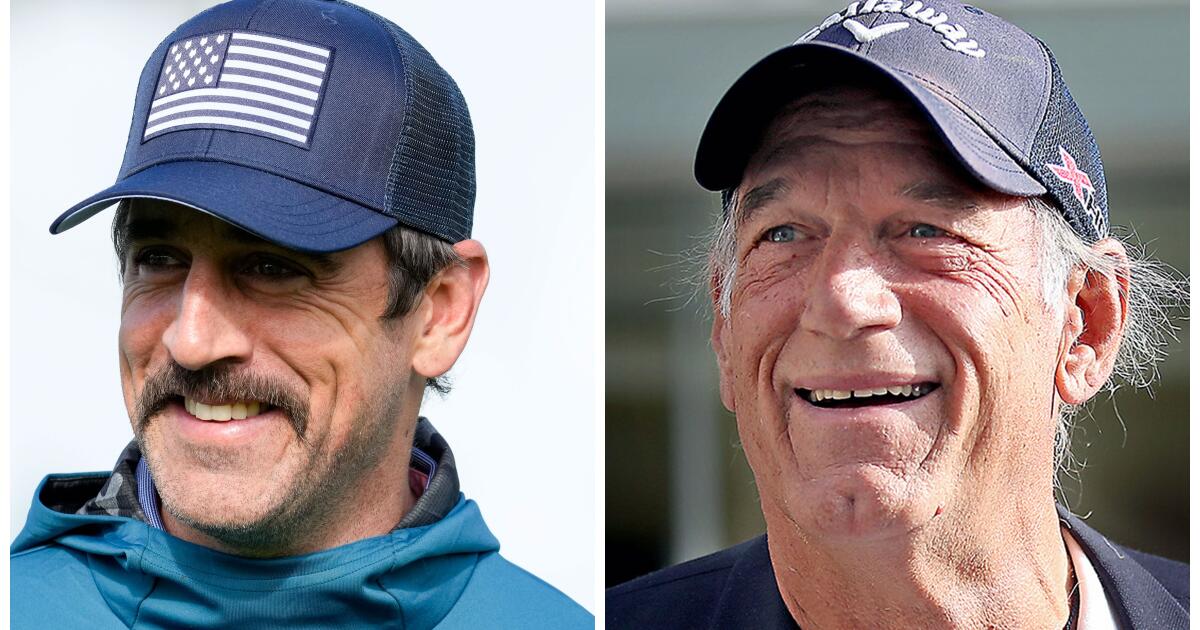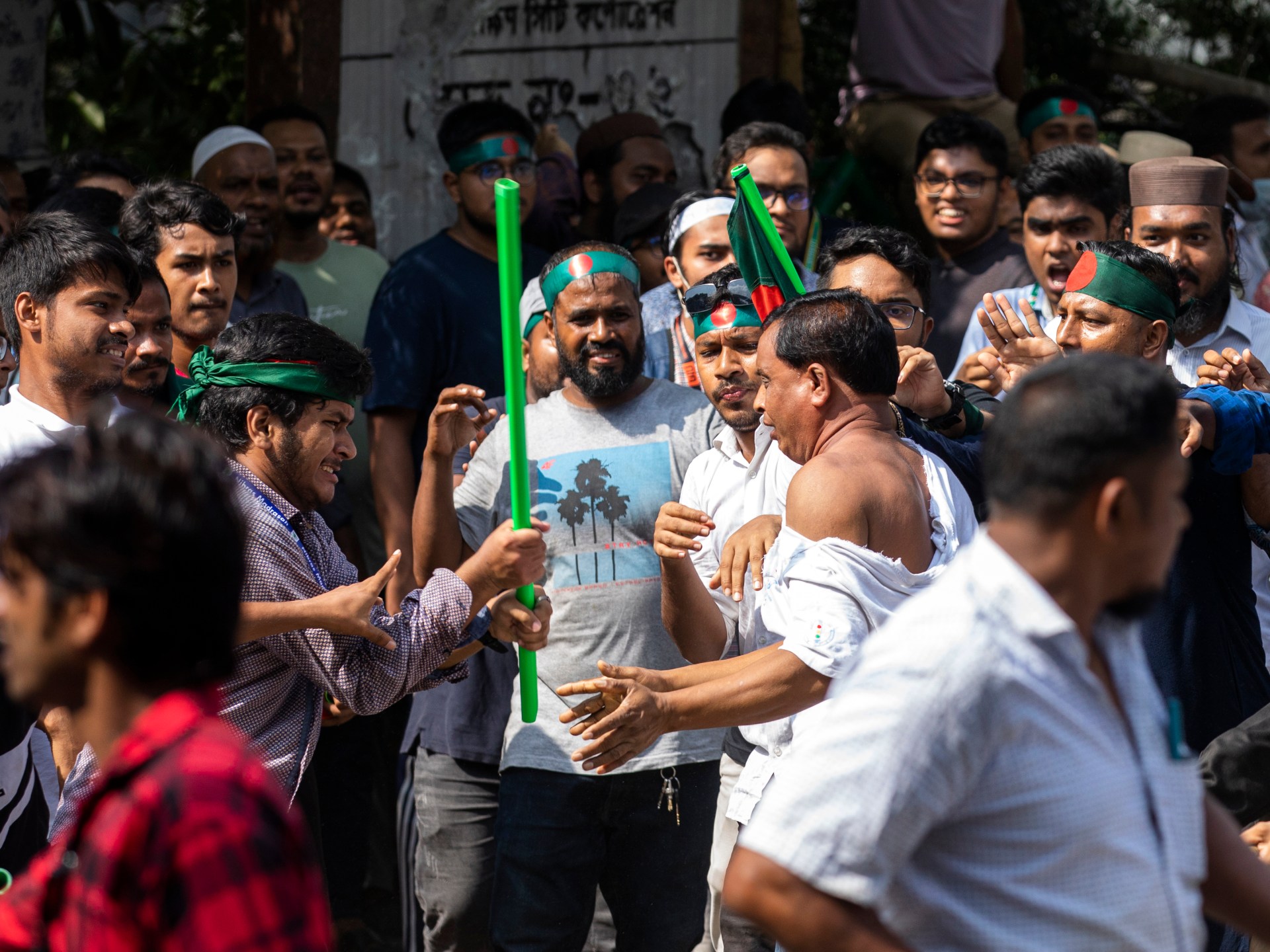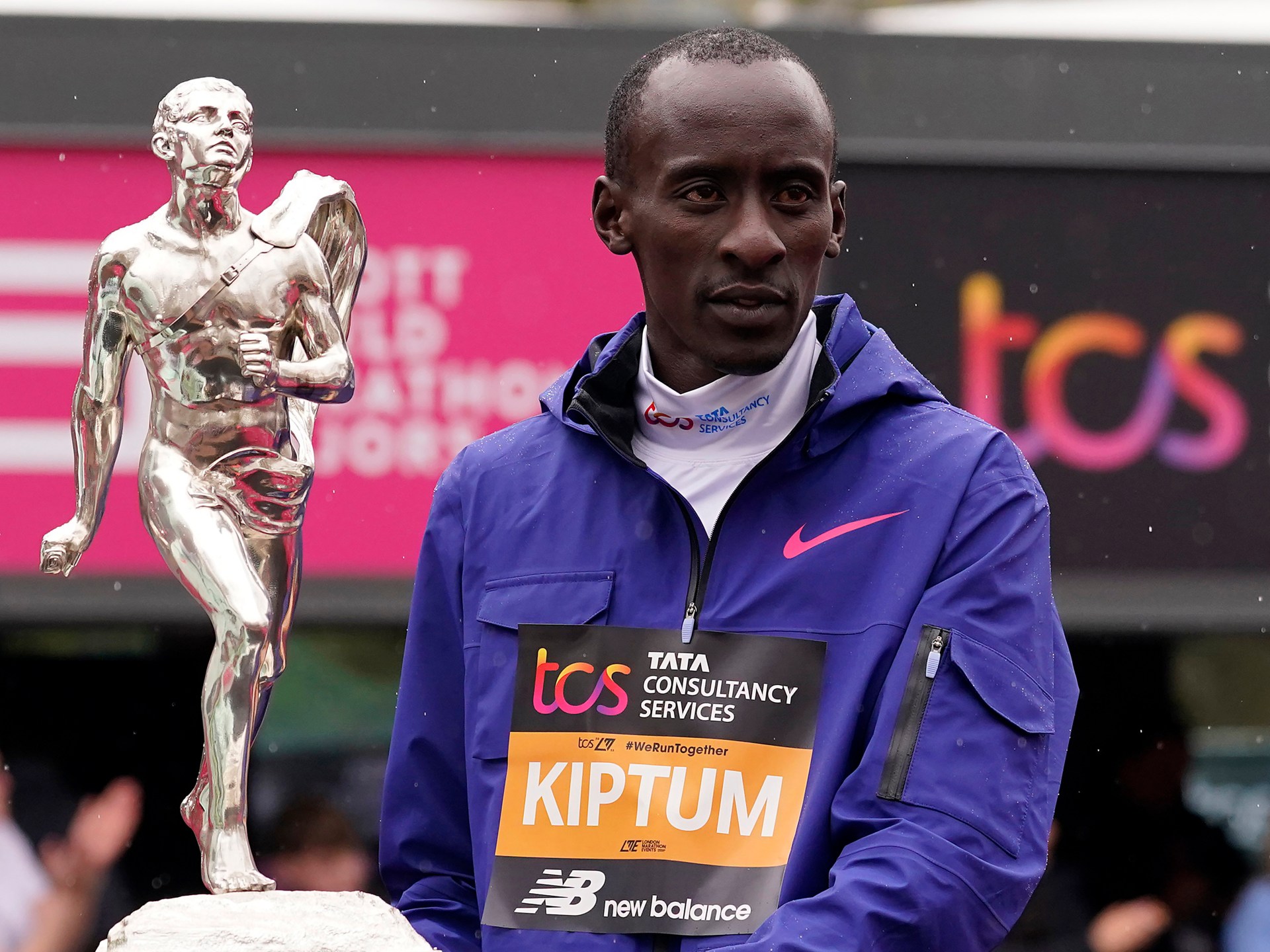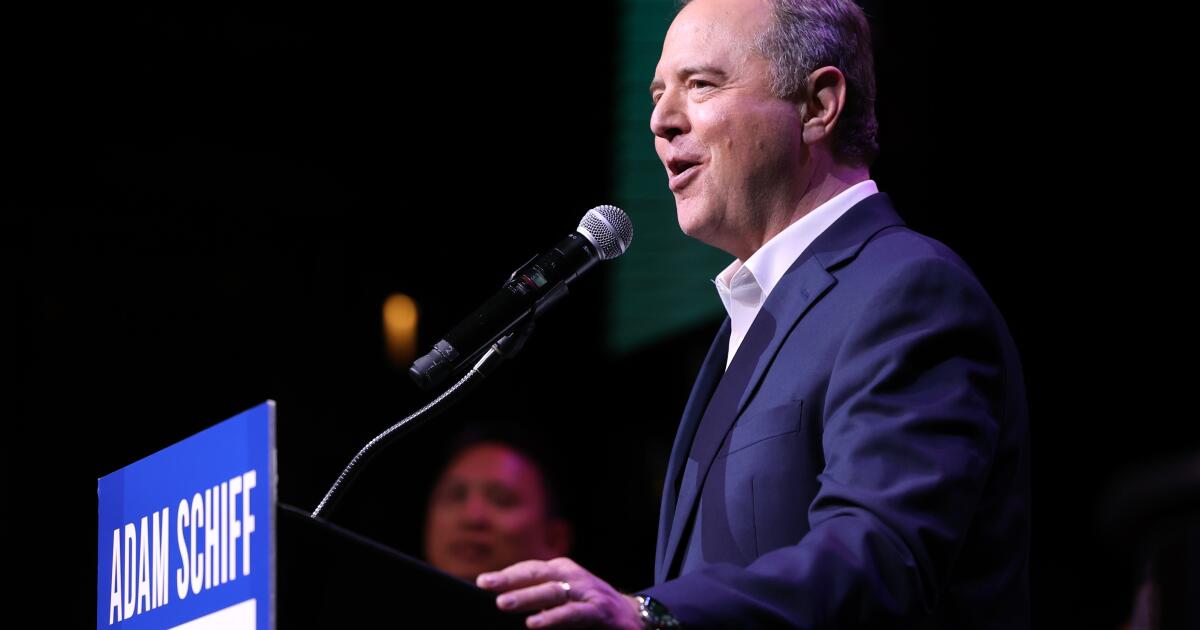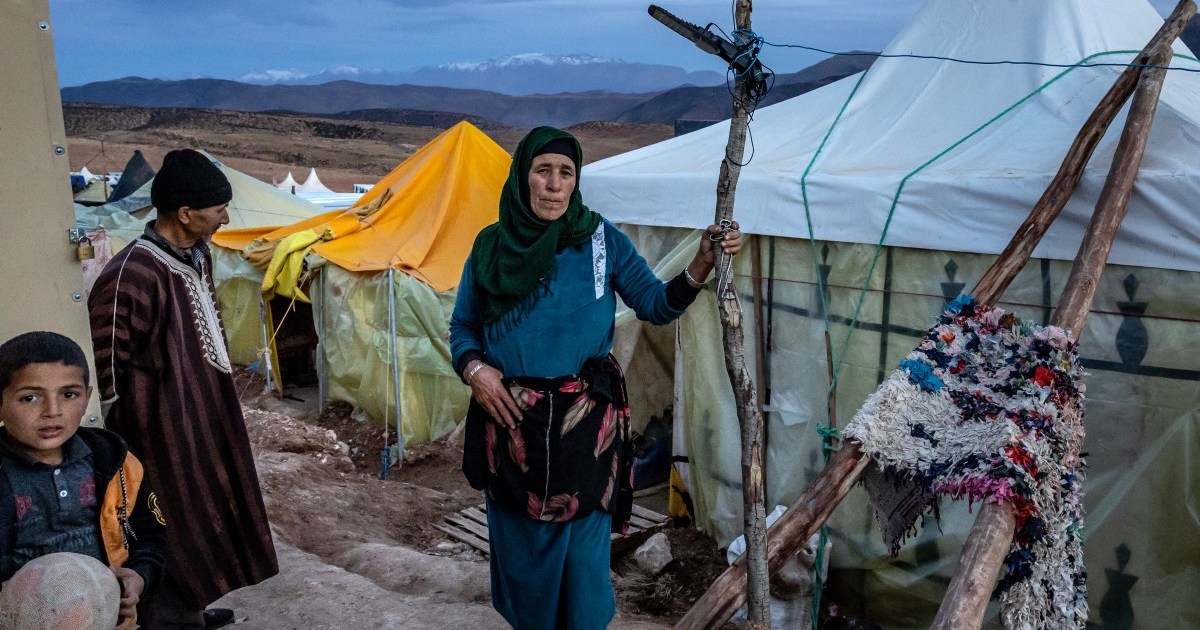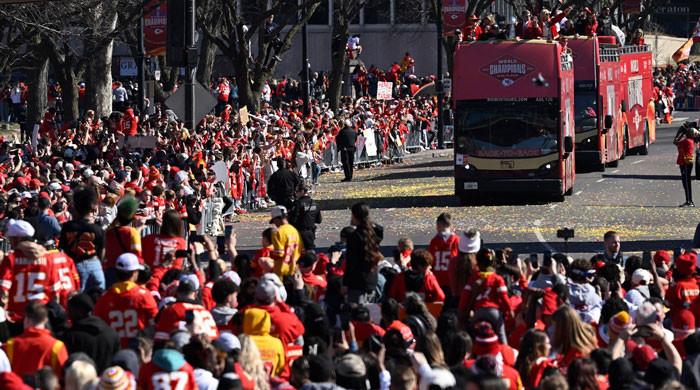Nations remain deadlocked over a crucial climate aid pact, with divisions over who pays and how much, threatening chances of reaching a deal at next month's United Nations Climate Change Conference (COP29) summit. .
The UN conference begins just six days after the US election and the possible return of Donald Trump, who pulled the US out of the Paris climate agreement, looms over the negotiations.
World leaders will attend a two-day meeting at the summit's opening in Azerbaijan, which faces scrutiny as the last petrostate with limited tolerance for dissent to host major annual climate talks.
COP29 is the largest international event Azerbaijan has ever hosted, bringing unprecedented scrutiny to a country Human Rights Watch has described as “repressive.” AFP reported.
Organizers say more than 50,000 attendees are expected between November 11 and 22 in the capital, Baku.
COP29 has been called the “COP of finance” because rich countries, those most responsible for global warming, are supposed to commit to substantially increasing their assistance to poorer countries for climate action.
The current amount of $100 billion a year expires in 2025 and is considered far short of what developing countries need.
But major donors, including the European Union and the United States, have not yet said how much they are willing to pay, resisting pressure to put even a ballpark figure on the table.
They are urged to turn billions into trillions at COP29, but the call for huge new sums of government money comes at a time of political and economic uncertainty for many donors.
'Complex negotiations'
Azerbaijan, a former Soviet republic between Russia and Iran with little experience in international diplomacy, has urged the parties to make the most of the “critical final stage” before COP29.
On Wednesday, government ministers will meet in Baku to try to make progress.
“These are complex negotiations (if they were easy, they would have been resolved by now) and the ministers will succeed or fail together,” COP29 president Mukhtar Babayev, Azerbaijan's former oil executive and ecology minister, said in September.
“The eyes of the world are now upon them.”
Observers say climate leadership has been missing in action this year, with attention elsewhere even as fires, floods, heat waves and droughts have hit all corners of the world.
As they stand, international efforts to reduce planet-warming greenhouse gases are insufficient to limit global warming to 1.5°C above pre-industrial levels, the Paris Agreement's safest limit.
“We can reach 3ºC of global warming by 2100 if we continue with the policies we currently have,” said Jim Skea, chair of the Intergovernmental Panel on Climate Change. The telegraph in October.
Developing nations suffer disproportionately from climate change and are seeking an agreement at COP29 that would guarantee more than $1 trillion annually in “climate finance,” 10 times current amounts.
They want the new deal to cover not only money for low-carbon technology and adaptation measures like dams, but also for disaster recovery, something developed countries do not want to include.
Amnesty International and US senators have raised concerns about a crackdown in Azerbaijan in recent months, with critical voices jailed on dubious charges.
“The situation on the ground is quite bleak… By the time Azerbaijan hosts COP29 there won't be much civil society left,” said independent Azerbaijani journalist Arzu Geybulla.
The summit has a much lower profile than the Dubai spectacle and it is not yet clear how many world leaders will attend, with COP30 in Brazil next year considered of greater importance.

